Fraser Fir vs Balsam Fir Which is the Best Christmas Tree?

Pics and Phots of Evergreen Tips Balsam Fir, Fraser Fir, Douglas Fir
Fraser firs typically reach heights of 80 feet, while balsam firs are shorter, at 40 to 60 feet. In Christmas tree farms, the Fraser fir matures slightly faster than the balsam. Fraser firs reach six to seven feet in seven to ten years, while balsams reach the same height in nine to ten years.
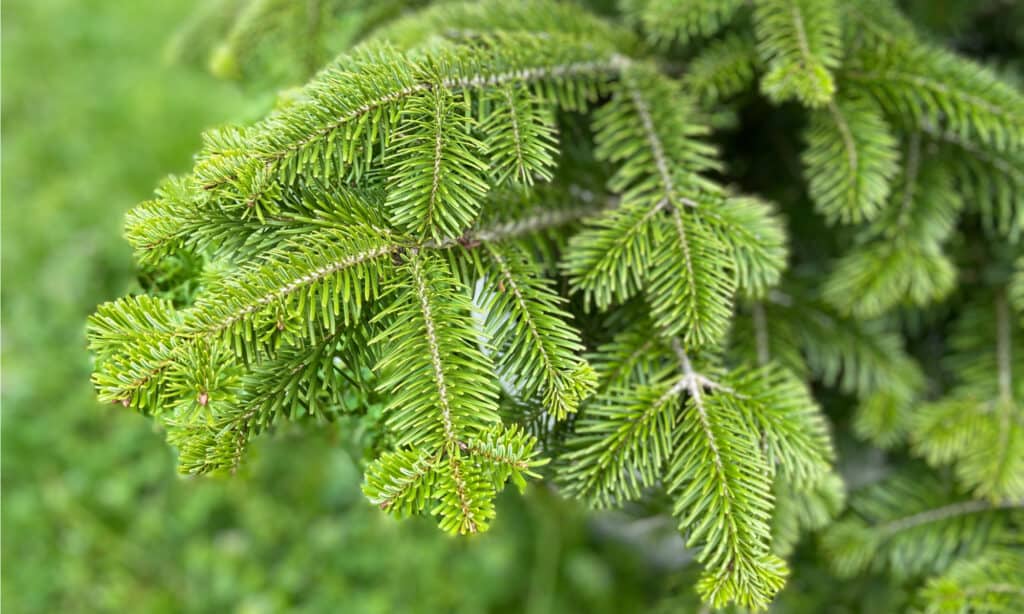
Fraser Fir vs Balsam Fir 5 Key Differences Wiki Point
Although balsam fir trees only grow about 12 inches each year, they still grow slightly faster than Fraser firs. As a result, the limb structure isn't as stout, so it can't hold as much weight as a similar-sized Fraser. Nonetheless, its availability, attractive looks, and pleasing aroma make it one of the most popular Christmas tree.

The Characteristics of Common Christmas Tree Species North Pole Xmas
So before you head to the tree farm or lot to select yours, lets compare the two most popular Christmas trees. Balsam Fir - 3/4″ to 1 and 1/2″ short, flat, long lasting needles that are rounded at the tip; nice, dark green color with silvery cast and fragrant. These needles are 3/4 - 1 and 1/2 in. in length and last a very long time.
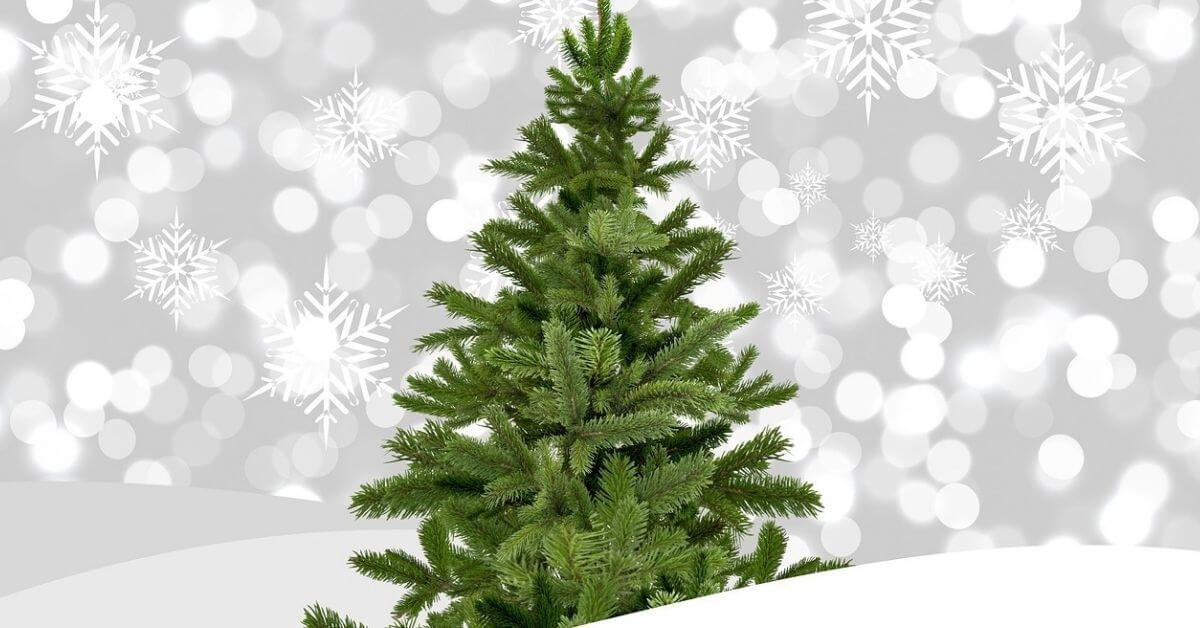
Fraser Fir vs Balsam Fir Which is the Best Christmas Tree?
So before you head to the tree farm or lot to select yours, lets compare the two most popular Christmas trees. Balsam Fir - 3/4″ to 1 and 1/2″ short, flat, long lasting needles that are rounded at the tip; nice, dark green color with silvery cast and fragrant. These needles are 3/4 - 1 and 1/2 in. in length and last a very long time.
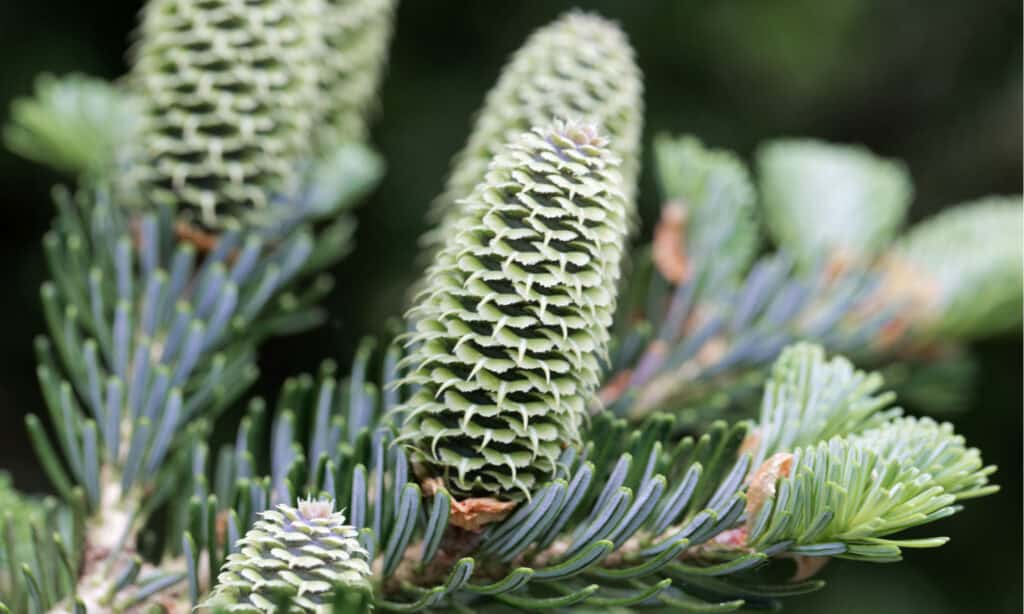
Fraser Fir vs Balsam Fir 5 Key Differences Wiki Point
So before you head to the tree farm or lot to select yours, lets compare the two most popular Christmas trees. Balsam Fir - 3/4″ to 1 and 1/2″ short, flat, long lasting needles that are rounded at the tip; nice, dark green color with silvery cast and fragrant. These needles are 3/4 - 1 and 1/2 in. in length and last a very long time.

Fraser Fir vs Balsam Fir 5 Key Differences Wiki Point
The tree is named after John Fraser, the Scottish botanist who spent a lot of time exploring the Appalachian Mountains. These trees grow in fertile rocky to sandy areas where the soil is acidic. Balsam Fir vs Fraser Fir. The Balsam Fir grows up to 28-30 meters tall, and the tree grows at a normal speed. It grows 12 inches annually.
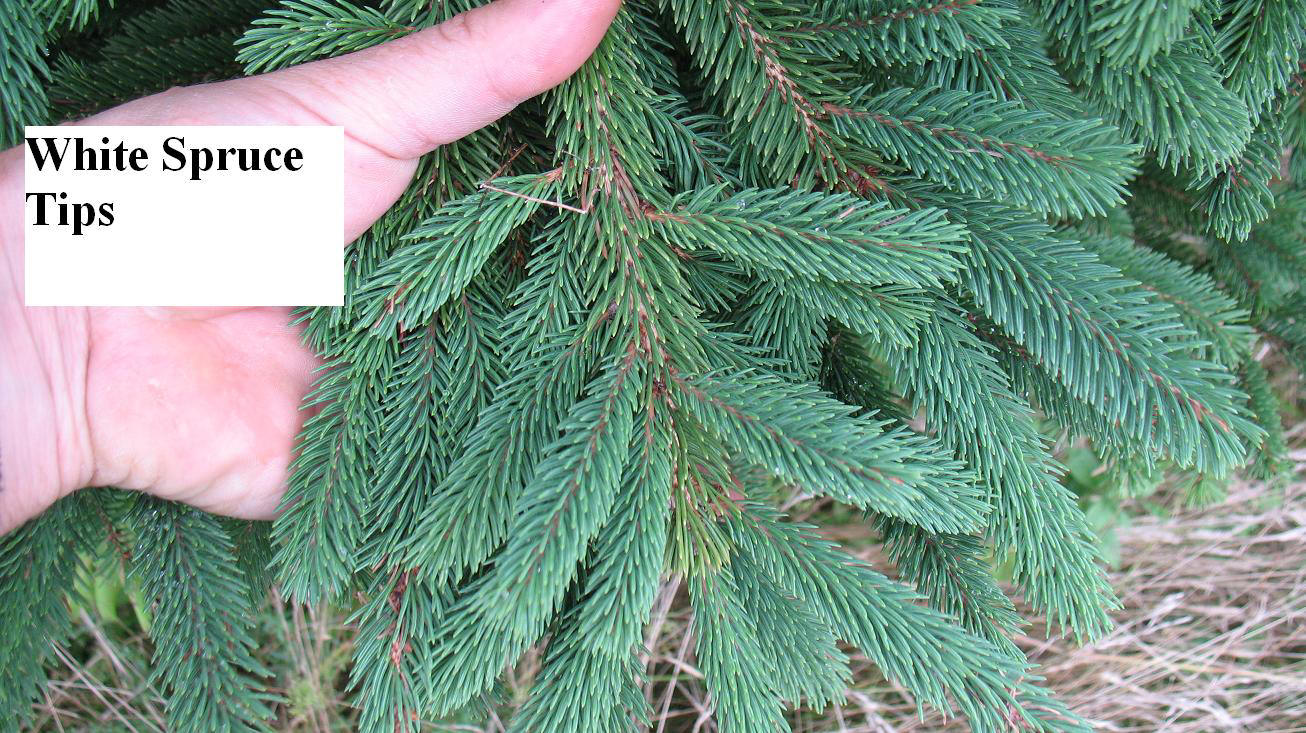
Pics and Phots of Evergreen Tips Balsam Fir, Fraser Fir, Douglas Fir
Canaan Firs. Canaan firs are closely related to Balsam firs. They look much the same in some aspects but are bigger, heartier, and stronger than their Balsam counterparts. In this way, itâ s much like a hearty Fraser fir, effectively making this tree a hybrid of the two other options. Unlike the other two, though, this tree is relatively new.

Balsam Fir vs. Fraser Fir Miles Hearn
So before you head to the tree farm or lot to select yours, lets compare the two most popular Christmas trees. Balsam Fir - 3/4″ to 1 and 1/2″ short, flat, long lasting needles that are rounded at the tip; nice, dark green color with silvery cast and fragrant. These needles are 3/4 - 1 and 1/2 in. in length and last a very long time.

Balsam Hill Fraser Fir Christmas Tree Review (7ft Narrow Unlit) YouTube
The Fraser fir produces cones with a "bract" that extends past the scales, giving the cones the appearance of drooping on the branch. This is the biggest difference from the balsam firs, which do.
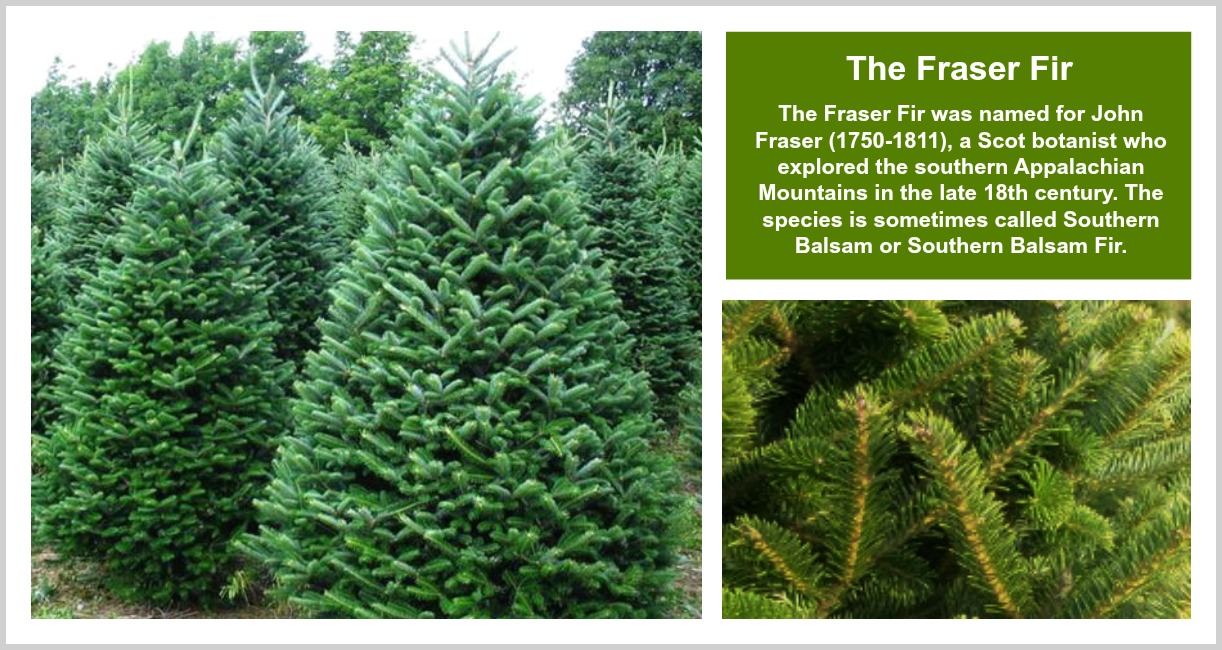
Princeton Tree Care
Fraser Fir vs Balsam Fir Identification Shades/Color. Fraser cedars are deep blue-green in color. Whereas balsam fir has two colors ranging from silver to dark green. Tree. Fraser fir has a tree height of about 30 to 50 feet (10-15 meters) and its trunk diameter is 16 to 20 inches (40-50 cm). Its tree has a conical shape.

Balsam Fir Vs Fraser Fir The Christmas Tree Showdown The Creative Folk
So before you head to the tree farm or lot to select yours, lets compare the two most popular Christmas trees. Balsam Fir - 3/4″ to 1 and 1/2″ short, flat, long lasting needles that are rounded at the tip; nice, dark green color with silvery cast and fragrant. These needles are 3/4 - 1 and 1/2 in. in length and last a very long time.
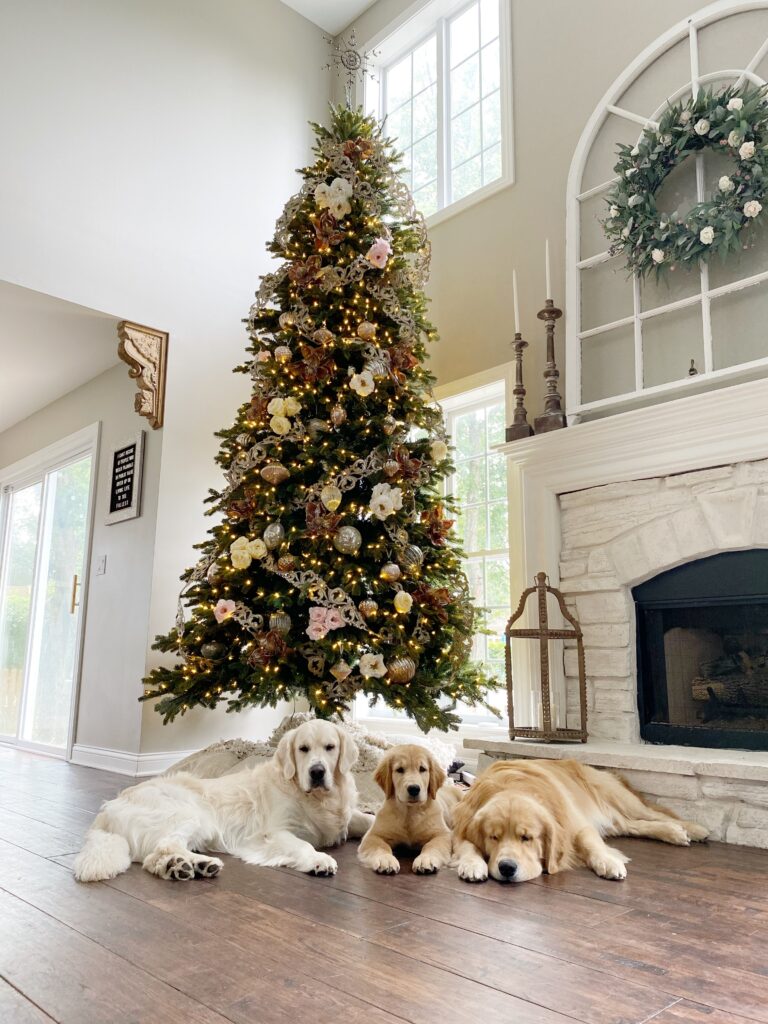
The Balsam Hill Fraser Fir Our Most Realistic Tree Yet
Balsam Fir - 3/4″ to 1 and 1/2″ short, flat, long lasting needles that are rounded at the tip; nice, dark green color with silvery cast and fragrant. These needles are 3/4 - 1 and 1/2 in. in length and last a very long time. This is the traditional Christmas tree that most Americans grew up with. This tree has a dark-green appearance.
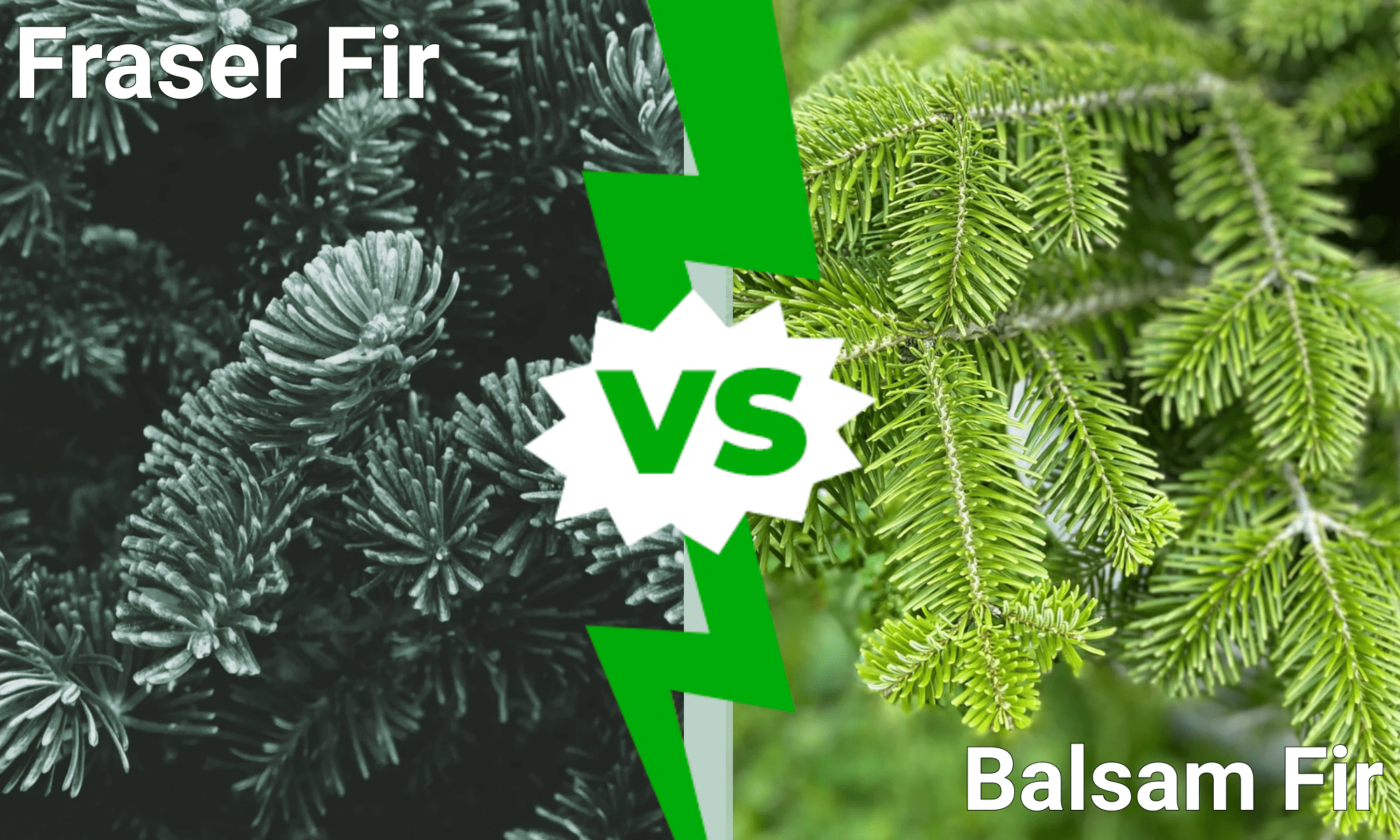
Fraser Fir vs Balsam Fir 5 Key Differences Wiki Point
Which Is Better: Balsam Hill Balsam Fir vs Fraser Fir? If you're deciding between the Balsam Hill Fraser Fir vs Balsam Fir, both are great options and highly recommended by our customers. The Fraser Fir features an upward-turning, pyramid-like shape with slender, soft, dark green needles, emphasizing realism with varied textures.

Fraser Fir vs Balsam Strafford County Master Gardeners Association
The Fraser Fir has a resin that is commonly used for scrapes and burns, while the Balsam Fir resin has antiseptic properties, making it ideal for similar purposes and a few others as well. Fraser Fir vs Balsam Fir: Hardiness Zones. The Fraser Fir belongs to hardiness zones 4 through 7, while the Balsam Fir belongs to hardiness zones 3 through 6.

Christmas Trees at Drummers
Balsam Fir. Our first contender in the Christmas Tree Showdown is the balsam fir. Balsam firs are native to the northeast area of North America, including some of the northern United States and territories in Canada. This tree is the most common species used for Christmas trees because of its dark green color, classic scent, and perfect shape.
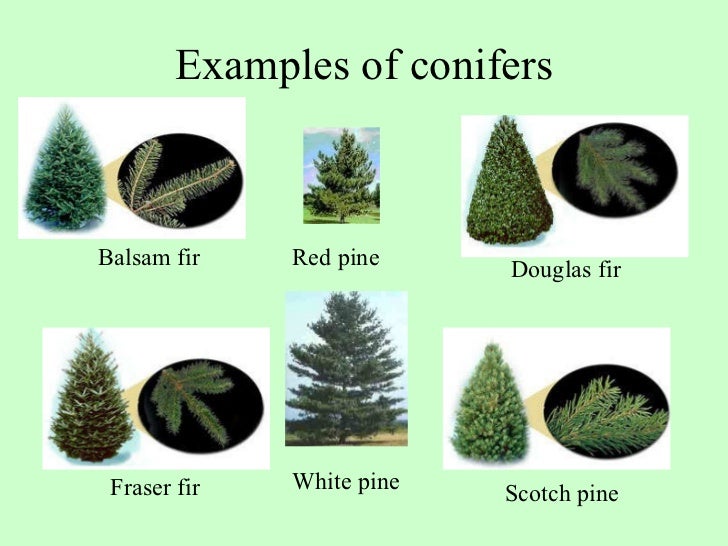
Tree Identification
Now, let's take a look at seven interesting trends related to the Fraser vs Balsam fir debate: 1. Sustainability: With more consumers becoming conscious of their environmental impact, there is a growing trend towards choosing sustainably grown Christmas trees. Both Fraser and Balsam firs are typically grown on tree farms that practice.